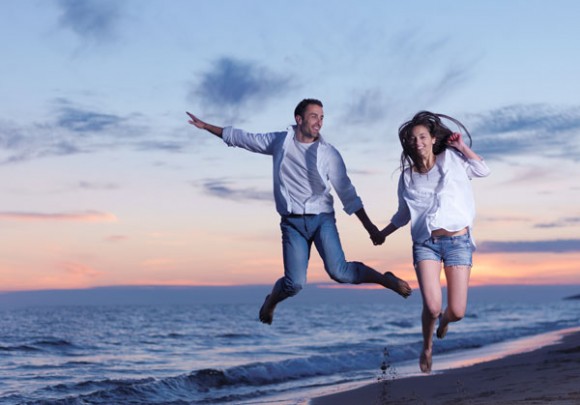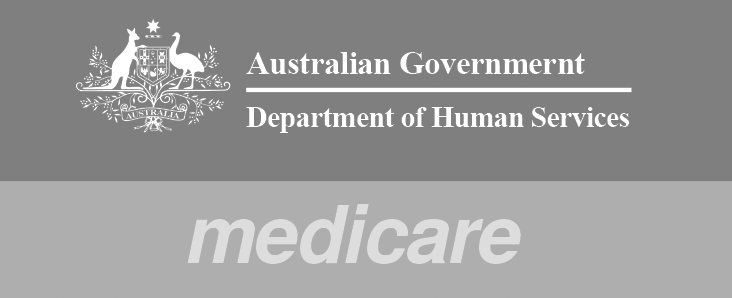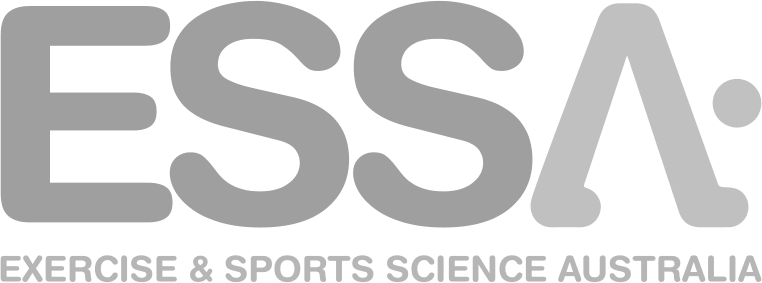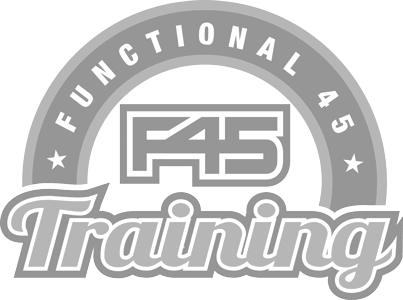Snap, Crackle and Pop!

Our bodies are made to move and have been beautifully designed to do so. Have you ever moved in a certain way and heard your joints talk back- ‘snap, ‘crackle’ or ‘pop’? It’s a common question our Physiotherapists and Exercise Physiologists hear daily. What’s happening when my joints pop?
For some this can be a satisfying feeling whilst for others, especially following an injury, can foster a cause for concern. So what is the cause of this trademark sound and is it dangerous? Scientists have offered several explanations including rapidly stretching ligaments and in some severe cases, bones moving against each other. But the most common explanation of the sound of bubbles popping when we move our joints in a certain way is just that. Bubbles popping!
Certain joints in our body such as our fingers, shoulders, knees, elbows, spine vertebrae, hips, wrists and so on are what we term synovial joints. These are our most flexible joints. In these joints are fluid sacks located between the bones containing a rich shock absorbing, friction reducing, viscous fluid called synovial fluid.
Scientist have found that as we stretch synovial joints further then they normally go, the bones move apart from each other creating a low pressure zone pulling out dissolved gasses into the fluid. Much like the effect of opening a soft drink bottle and seeing the carbon dioxide bubbles escaping. These dissolved gasses combine together to form bubbles that eventually POP! Giving us our cracking sound we are all too familiar with.
Some scientists argue that there are two distinct popping sounds to be heard, one when the bubble forms and the other as it pops. Once the bubble is popped, it can take a while for the gasses to build up and form bubbles again, hence why it takes time before you can produce that satisfying / hair raising sound again.
It is normal to experience the musical symphony that is our joints cracking and creaking but if it is becoming a growing concern to you come and talk to one of our qualified staff today.
Thank you to Eleanor Nelson for giving us the facts behind joint popping (http://ed.ted.com/lessons/why-do-your-knuckles-pop-eleanor-nelsen)





